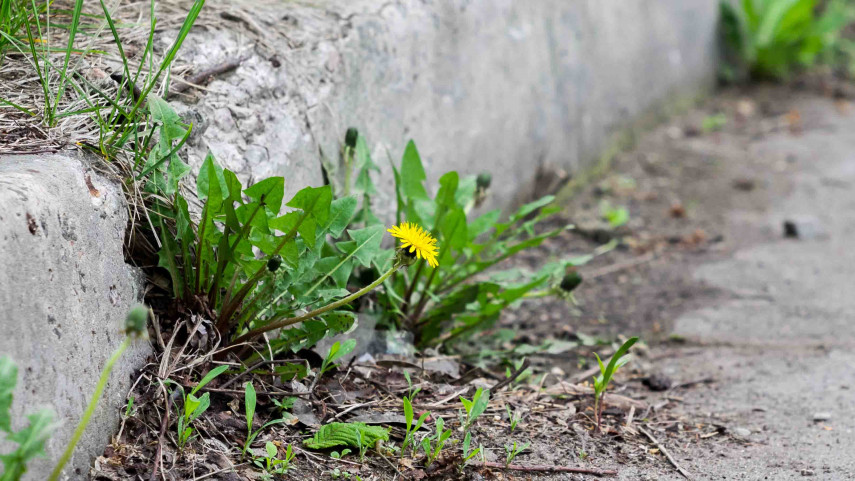
Christchurch sows eco-friendly solution in electric weed control

Share this story
An innovative, spray-free approach to controlling weeds will be trialled in Christchurch with the use of electro-thermal technology.
Citycare landscape contractors will trial the RootWave Electrothermal Weeder – provided by a New Zealand company, HotGrass – for the next 12 months.

An innovative, spray-free approach to controlling weeds is being trialled in Christchurch.
The trial, which is being run by the Avon-Otakaro Network across the city, follows a Council Innovation and Sustainability Fund grant.
Kyle Sutherland of the Avon-Otakaro Network says “the electro-thermal technology offers a viable non-chemical alternative to herbicide use and labour-intensive hand weeding”.
“The electro-thermal technology instantly kills both above and below-ground parts of a weed, destroying weeds right down to the roots rather than just burning off leaves,” Mr Sutherland says.
“There is no residue and it kills weeds by touch, removing any concerns over spray drift or harm to nearby plants, pets or people.
“Christchurch will be the first to test this machine at scale. We will test the technology on a range of weeds and locations over the next 12 months.”
Lincoln-based Future Farming Centre Head Dr Charles Merfield, an expert in organic farming, says electro-thermal weeding uses high-voltage (5000 to 15,000 volts) but low amperage (0.5 to two amps) electricity to kill plants.
“When the electrode touches the plant, electricity flows down the stem from the point of contact, into the roots and then into the soil, where it completes the circuit though an earth on the weeder,” Dr Merfield says.
“The electricity rapidly heats the plant to the point that the water in the tissues boils into steam, which then causes cell destruction, which results in plant death.”
Dr Merfield says that herbicide resistance is a massive global issue.
“There are some 500 weeds that are herbicide resistant; more than 40 of those are resistant to glyphosate, the active ingredient in Roundup, and there are 26 formally identified resistant weeds in New Zealand,” he says.
“It is therefore critical that we adopt integrated weed management practices, such as electro-thermal, to manage herbicide resistance.”
Councillor Vicki Buck, who chairs the Council’s Innovation and Sustainability Committee, thinks it is “essential that we find new technologies in this field very quickly”.
“It’s great to see this trial under way to test more organic and sustainable options for weed control,” Cr Buck says.
“Apart from the Council and the public wanting to eliminate the health risks associated with glyphosate, we know that there is a very fast-increasing number of weeds that are Roundup resistant. There has to be different ways of approaching this and Christchurch has been keen to do this,” she says.
The Innovation and Sustainability Fund supports innovative community, education or business projects that deliver long-lasting benefits to Christchurch.
Applications are open year-round and can be made online at www.ccc.govt.nz/innovatefund.
Contractors wanting to find out more about this technology or take part in the trial can contact HotGrass or email Kyle Sutherland.
Further local training sessions are planned.
